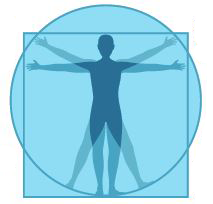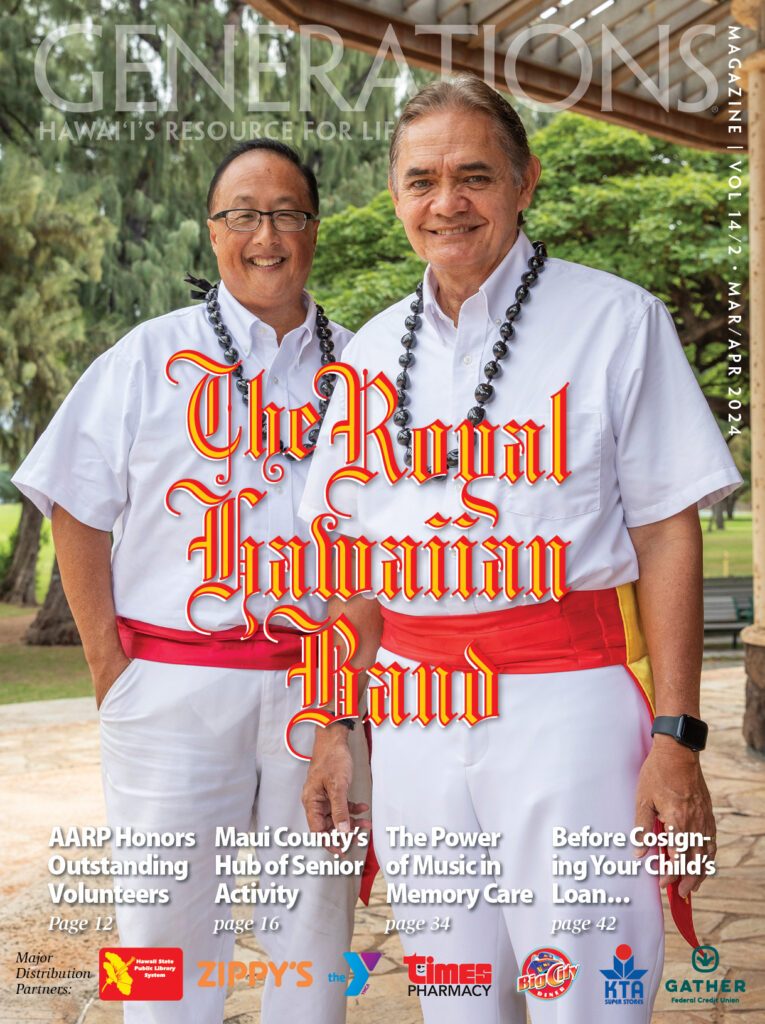Choosing end-of-life arrangements can be one of those tough decisions as a senior. However, these are very important decisions to make. With so many options available, how can anyone decide what the most cost-effective and responsible way to proceed would be? According to the National Funeral Directors Association, the trend of having an expensive burial is on the decline (down 16 percent since 2005). Cremation rates, however, are on the rise nationally (55 percent) and locally (75 percent). In recent years, a new option has become available — whole-body donation in which you donate your body to science.
You may have heard someone say they want to donate their body to science after they pass. Many people are interested for a variety of reasons, including philanthropic, wanting to give back, covering the cost of cremation or aiding in education, research and the development of new medical interventions.
 According to Associated Press reports, whole-body donation is becoming a more popular option. However, in Hawai‘i, information about the process and its benefits are not well understood. For example, did you know that the decision to donate your body to science can be made in advance or can be made by a family member after one’s passing? And, you can pledge to be both an organ donor and a whole-body donor.
According to Associated Press reports, whole-body donation is becoming a more popular option. However, in Hawai‘i, information about the process and its benefits are not well understood. For example, did you know that the decision to donate your body to science can be made in advance or can be made by a family member after one’s passing? And, you can pledge to be both an organ donor and a whole-body donor.
The decision to donate your body to science is an extremely important one and it is an opportunity to make a difference in your community.
One benefit of whole-body donation is that the cost of cremation is covered, but the benefits go far beyond just cost savings.Whole-body donor tissues are used by universities, orthopedic device developers, researchers and hospitals all over the world in order to aid in the advancement of medicine and treatment. Surgeons use donated tissue in order to learn new surgical techniques, for example. A single donor has the potential to help thousands of people all over the world.
Whole-body donation organizations are a fairly new development. Until recently, there were no alternate options in Hawai‘i until now, through Ke Ola ‘Uhane (pledges can be made on its website).
This is an important and needed service for residents of Hawai‘i, since it will directly benefit research and medical education in the state.
What is the impact of my donation?
Beyond education and research, there are also significant benefits for medical innovation. For example, Zion Harvey is the first child in the world to receive a double hand transplant. At age 2, Zion’s hands and feet were surgically amputated due to an infection. Due in part to whole-body donor organizations, Zion was able to undergo a life-changing 10-hour surgery at just 8 years old. One year later, he is able to write his name and grip a baseball bat.
KE OLA ‘UHANE (501(c) 3 nonprofit)
905 Kalanianaole Hwy., #4504, Kailua, HI 96734
808-391-6041 | F: 808-261-0245
www.keolauhane.org

